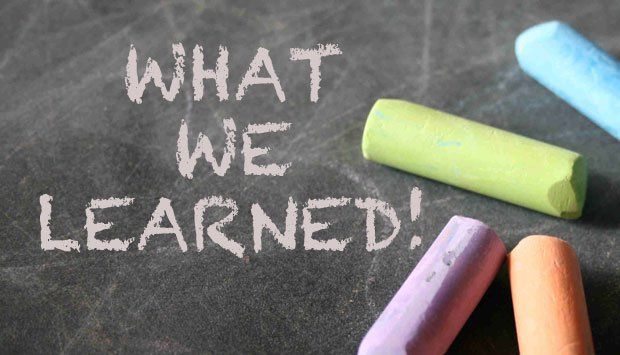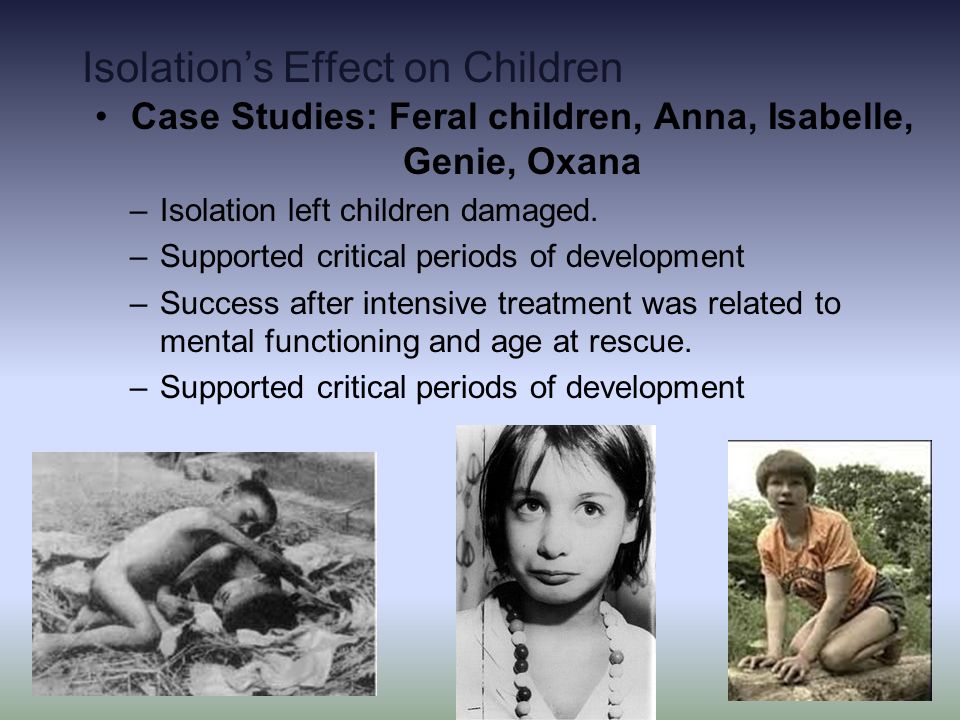Value yourself meaning
4 Powerful Ways to Value Yourself (and Why It's So Important!)
The relationship you have with yourself shapes virtually every aspect of your life; your well-being, your relationships, and the way you see and experience the world. Self-value is the foundation of this relationship.
When you value yourself, you believe you are deserving of respect, love, and success, and you are willing to invest your time and energy into bettering yourself and working towards your goals. Though developing your sense of self-value can be a long-term journey, there are many things you can do to work towards valuing yourself more.
This article will dive into what self-value is, why it is so important, and some things you can do to increase your sense of self-value.
Contents
- What does it mean to value yourself?
- Why is it so important to value yourself?
- Ways to value yourself more
- 1. Stop comparing yourself to others
- 2. Set boundaries!
- 3.
Challenge your negative self-talk
- 4. Seek therapy
- Wrapping up
What does it mean to value yourself?
Self-value and self-worth are two concepts that are often used interchangeably.
Self-worth is defined as “the sense of one’s own value or worth as a person”.
Self-value goes beyond regarding yourself as worthy or important. As Stonsy (2014) states, “self-value is more behavioral than emotional, more about how you act toward what you value than how you feel about yourself compared to others”.
To have self-value means you not only recognize yourself as inherently worthy but are also willing to invest your time and energy into nurturing and sustaining yourself.
Valuing yourself by putting your needs and desires first is not selfish; it is an integral step to strengthening both your belief in yourself, as well as improving important relationships in your life. Having strong self-value plays an essential role in how you see and treat yourself every single day.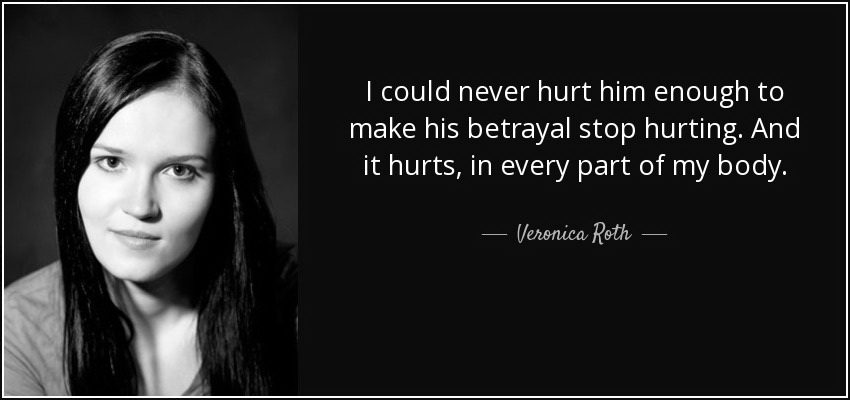
The concept of ‘valuing yourself’ means that you believe you are worthy of love, respect, success, happiness, and all things good. It means you believe in your capabilities and recognize the innate strengths and resilience within you. If you value yourself, it makes it easier to take actionable steps towards growth and achieving your goals.
Valuing yourself does not mean you devalue others. In fact, having a strong sense of self-value means that you also value others, and extend your self-nurture and self-care to the relationships and communities present in your life.
Don't Miss Out On Happiness!
Thrive under stress and crush your goals with these 10 instant tips for your mental health.
Why is it so important to value yourself?
Believing in your value is a crucial element of living a life where you feel good about yourself with no influence from another person or external source.
Valuing yourself first allows you to understand and believe you are worthy of love, affection, and good things in life.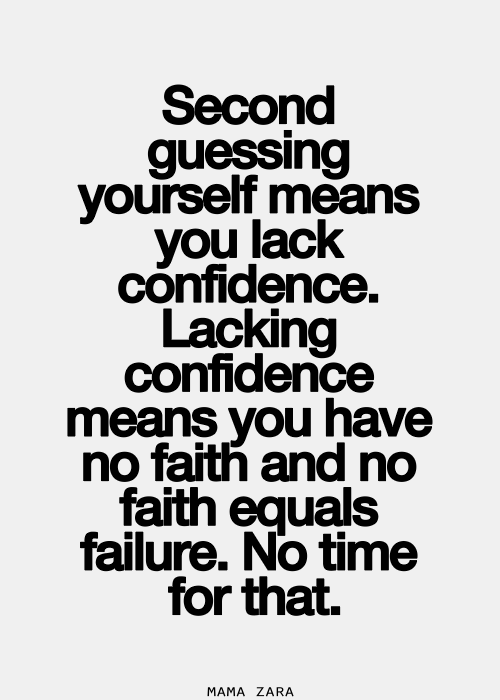 When you believe these things, it becomes easier to appreciate validation and recognition from the outside world when it comes.
When you believe these things, it becomes easier to appreciate validation and recognition from the outside world when it comes.
If you do not value yourself, no amount of love, appreciation or recognition from external sources will satisfy you. Rather, devaluing yourself will lead you to believe that you are not deserving of such accolades.
Additionally, it can also lead you to experience more negative self-talk and experience more self-esteem and self-image issues.
A study conducted at the University of Michigan found that college students who based their self-worth on external sources, such as appearance, approval from others, and academic stress, reported higher stress, anger, academic issues, and relationship conflicts and had higher levels of drug and alcohol use, as well as symptoms of eating disorders.
Additionally, the same study found that students who based their self-worth on internal sources, such as being a virtuous person or adhering to moral standards, were found to do better academically, and were less likely to use drugs or alcohol, or develop eating disorders.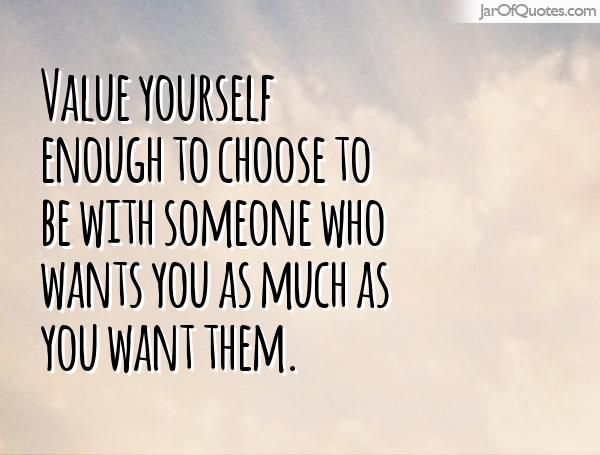
Another study found that those with high self-esteem suffer less emotional distress when encountering negative feedback from others. The research clearly illustrates the importance of building a strong sense of internal self-value, rather than basing your self-worth and value on outside sources.
Ways to value yourself more
Building up your sense of self-value is no small feat, but thankfully there are things you can do to help.
1. Stop comparing yourself to others
We all do it; it is natural to compare yourself to others and think that you are not doing enough or are lacking in some aspect of life.
Comparing yourself to others can have detrimental impacts on your sense of self-value and overall mental health.
It does not matter what other people are doing, what they think of you, or what they have accomplished. Your personal sense of self-value is far more important to nurture and maintain.
Although it is easier said than done, when you stop comparing yourself to others you can begin to focus on your own unique path, your goals, and what you personally value in life.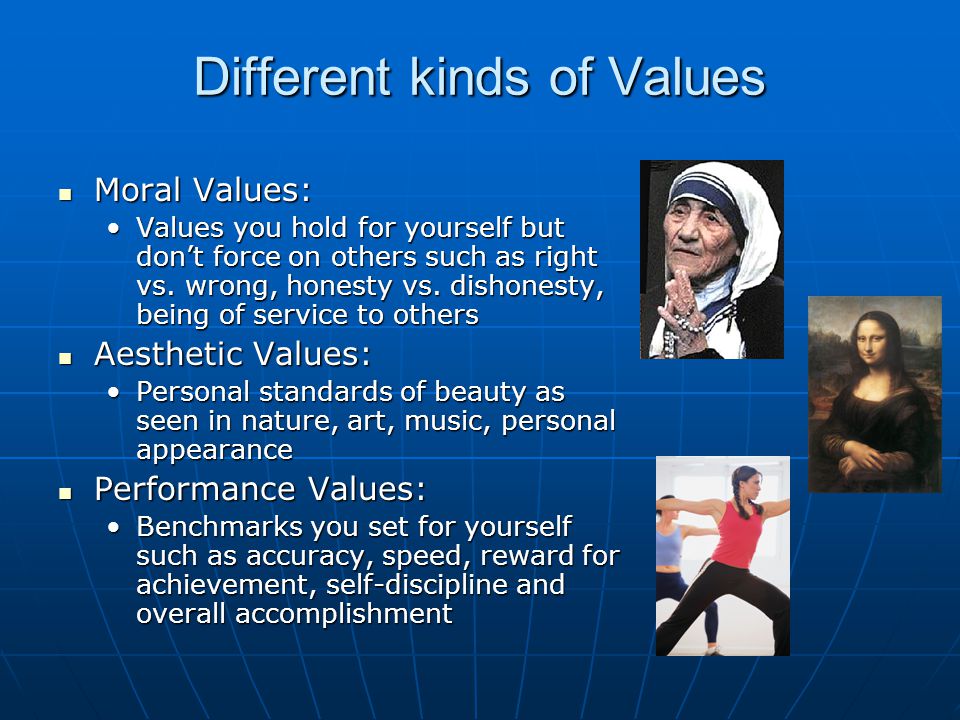
If you need pointers on this aspect of your life, here's our article on how to stop comparing yourself to others.
2. Set boundaries!
Your self-value and the boundaries you set for yourself go hand in hand.
Setting personal boundaries for yourself means that you get to define how you would like to be treated by others. They allow you to protect yourself from being taken advantage of or mistreated.
Having a strong sense of self-value combined with secure boundaries shows that you respect yourself and that you expect the same respect from others.
Sometimes it can feel uncomfortable to set a boundary, as we feel like it can be mean or selfish (it is not!). However, you are doing yourself a disservice if you are not establishing clear and respectful boundaries in your life, as it can often lead to a pattern of neglecting yourself in order to appease others or tolerating disrespectful or harmful behavior.
The more you are able to practice boundary setting in your life, the more people will treat you with the respect and kindness that you deserve; and those who are unable to abide by those boundaries may not be conducive to the healthy relationships you need and want in your life.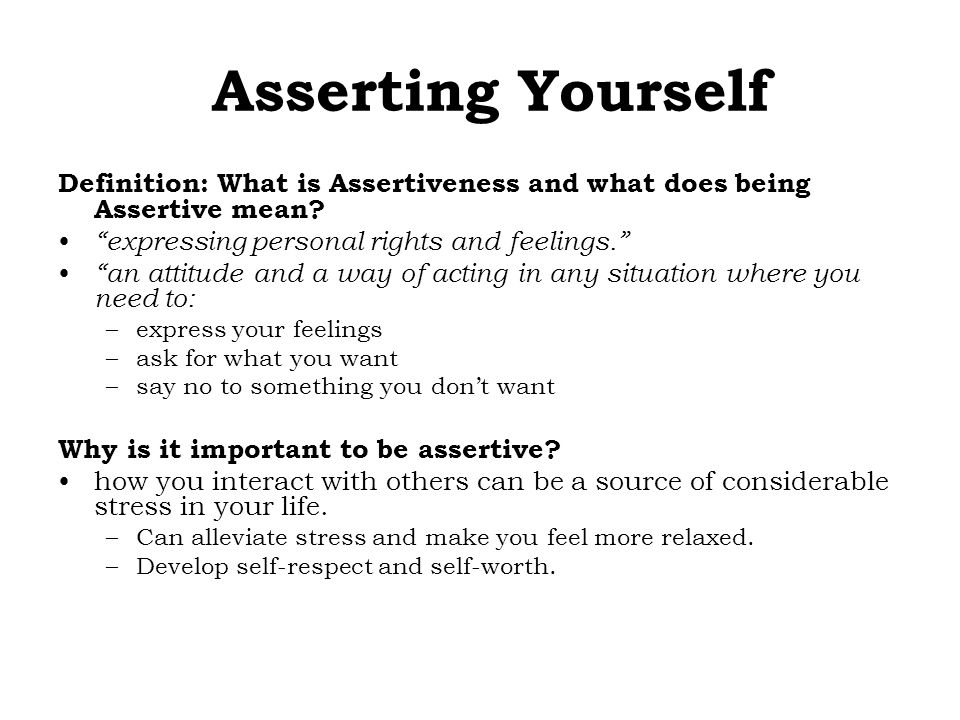
Here's how to set boundaries in your life with others in 5 simple steps.
3. Challenge your negative self-talk
Our internal voice plays a significant role in how we see ourselves, others, and the world. Everyone experiences negative self-talk from time to time; it is natural!
What’s important is being able to recognize and challenge your critical self-talk. If you continue to let your inner critic thrive with no challenge or intervention, you will begin to believe these thoughts and treat them as a fact. To build and sustain a strong sense of self-value it is important to be able to first identify when negative self-talk is occurring.
Some common forms of negative self-talk include:
- Personalizing: personalization means that you believe that you are to blame for something even if you had little or nothing to do with the outcome, or it is beyond your control. Some examples of personalization include thoughts like “everyone is mad at me” or “it’s all my fault”.
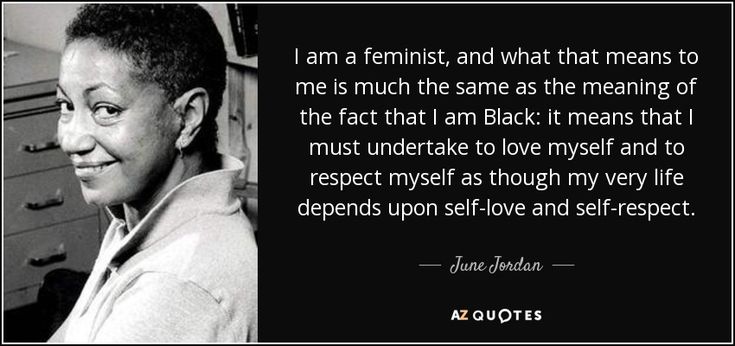
- Catastrophizing: this happens when you automatically assume the worst-case scenario is going to happen. For example, “I am not in the mood for hanging out with my friends, but if I don’t go to the party, they will not like me anymore and I will be lonely forever”.
- Filtering: filtering means that you amplify the negative parts of a situation and ignore the positive. For example, you just finished playing a soccer game and your coach compliments your performance multiple times. He also adds one piece of constructive criticism. Instead of accepting and appreciating positive feedback, you can only focus on constructive criticism.
- Polarizing: when you are experiencing polarizing self-talk, it means you only see things as good or bad. An example of polarizing thoughts is thinking that you have to be perfect or else you are a failure.
These types of negative self-talk can be difficult, but there are things you can do to conquer them.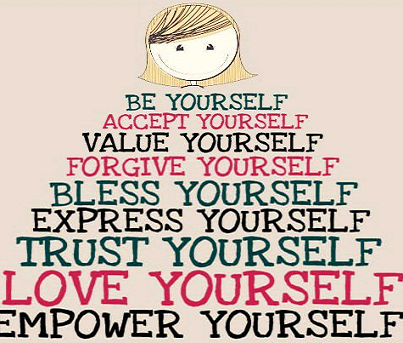 Some common questions you can ask to challenge your negative thoughts include:
Some common questions you can ask to challenge your negative thoughts include:
- Is there any evidence to support this thought?
- Is this thought factual? Would it be accepted as a fact by other people?
- Am I jumping to conclusions?
4. Seek therapy
Exploring therapy as an option to strengthen your sense of self-value can be extremely beneficial.
Studies show that low self-worth, self-esteem, and self-value can be effectively addressed through therapy.
For example, a case study researching the effectiveness of Cognitive Behavioural Therapy (CBT) for an individual experiencing low self-esteem, depression, and anxiety showed that after completing a course of therapy, they no longer met the diagnostic criteria for any mental health disorder and showed clinically significant improvement in their symptoms.
A therapist can help you to understand the underlying reasons for issues you may be experiencing, including struggling with your self-value and worth.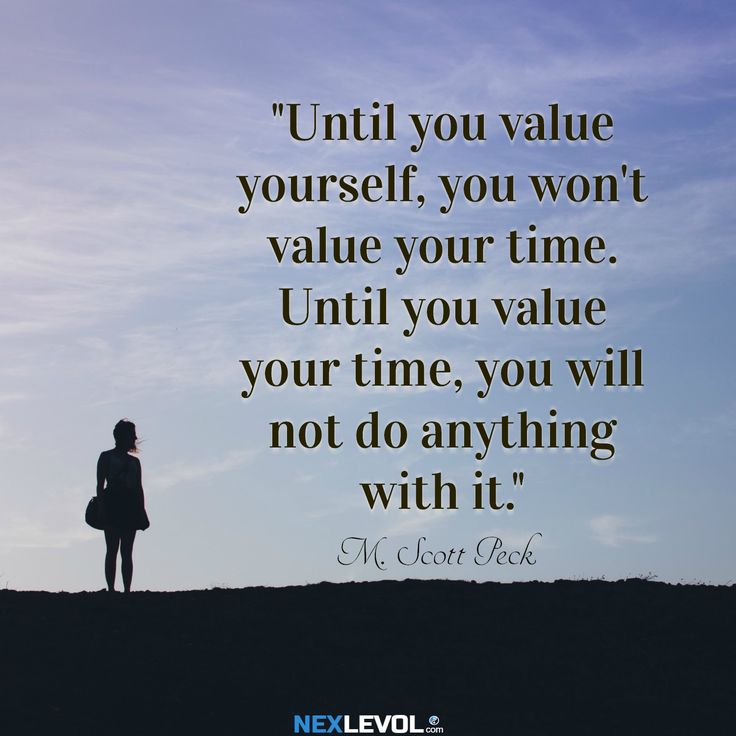
A therapist can offer a new perspective and assist you in developing the skills to challenge negative self-talk, address past trauma that may be a contributing factor to low self-value, and develop healthy coping strategies.
If you need more convincing, here's our article on the ways therapy can help you live a happier life.
Get Our FREE Mental Self-Care Cheat Sheet
Thrive under stress and crush your goals with these 10 instant tips for your mental health.
Wrapping up
Having a strong sense of self-value is one of the best things you can do for yourself. Although it can be difficult to value yourself at times, there are positive steps you can take to build up your sense of self-value. By implementing some of the strategies discussed in this article, you can take steps toward positive change, and recognize that you are deserving of respect, love, happiness, and success.
What do you think? Do you find it hard to value yourself? Or do you want to share your own tip on what helped you find your value? I'd love to hear from you in the comments below!
Jessie Faber
Writer
Writer, athlete, social worker, and professional thrift shopper. Born in Canada, but currently living my dream playing professional soccer in Greece. Passionate about mental health advocacy, sewing, singing, and playing guitar.
Born in Canada, but currently living my dream playing professional soccer in Greece. Passionate about mental health advocacy, sewing, singing, and playing guitar.
How Much Do You Value Yourself?
Masson/Shutterstock
The age of entitlement is, not coincidentally, the age of high self-esteem. Self-esteem, as defined by standard measures, is a function of how we feel about ourselves—based mostly on comparison to others. It often has a hierarchical bias—we’re better than some, but not as good as others. It has a dark side, too, as indicated by the research of Roy Baumeister and colleagues and summarized in the book, Evil: Inside Human Violence and Cruelty. High self-esteem tends to create a sense of entitlement. When the world does not meet their entitlement needs, many with high self-esteem feel wronged and may retaliate with manipulation, abuse, or violence.
Self-value is more behavioral than emotional, more about how you act toward what you value, including yourself, than how you feel about yourself compared to others.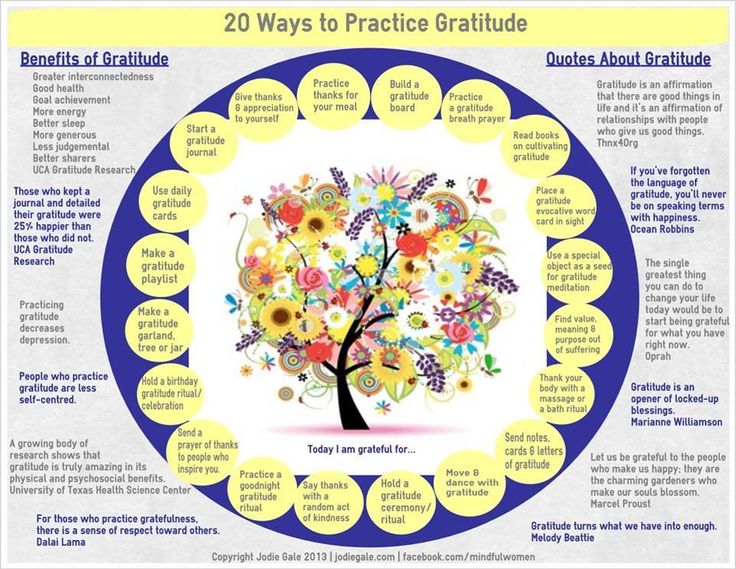 It necessarily includes self-care.
It necessarily includes self-care.
To value something goes beyond regarding it as important; you also appreciate its qualities, while investing time, energy, effort, and sacrifice in its nurturing or maintenance. If you value a da Vinci painting, you focus on its beauty and design more than the cracks in the paint, and, above all, you treat it well, making sure that it is maintained in ideal conditions and shielded from direct lighting. Similarly, people with high self-value appreciate their own better qualities (even while trying to improve their lesser ones) and take care of their physical and psychological health, growth, and development.
Now here's the tricky part. In contrast to high self-esteem, with its tendency toward entitlement, people with high self-value necessarily value others. Where self-esteem is hierarchical, self-value is about equality. Here's why: When we value others, we value ourselves more—we elevate our sense of well-being and facilitate our health, growth, and development.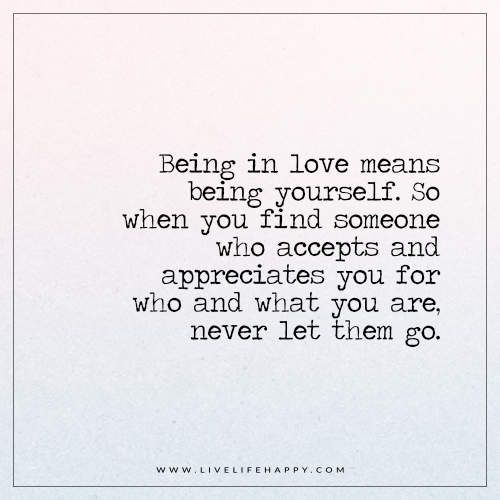 (Think of how you feel when you’re loving and compassionate to those you love.) When we devalue someone else, we devalue ourselves—our sense of well being deteriorates, we violate our basic humanity to some degree, and become more narrow and rigid in perspective, all of which impair growth and development. (Think of how you feel when you devalue loved ones.) In other words, when you value someone else you experience a state of value—vitality, meaning, and purpose—and when you devalue someone else, you experience a devalued state, wherein the will to live well becomes less important than the will to control or dominate or at least be seen as right.
(Think of how you feel when you’re loving and compassionate to those you love.) When we devalue someone else, we devalue ourselves—our sense of well being deteriorates, we violate our basic humanity to some degree, and become more narrow and rigid in perspective, all of which impair growth and development. (Think of how you feel when you devalue loved ones.) In other words, when you value someone else you experience a state of value—vitality, meaning, and purpose—and when you devalue someone else, you experience a devalued state, wherein the will to live well becomes less important than the will to control or dominate or at least be seen as right.
Valuing others makes our self-value soar. It also carries substantial social reward; showing value tends to invoke reciprocity and cooperation. Devaluing others, though, causes reactivity and resistance. It makes us look for something to be cranky about, so the low-grade adrenaline can inflate our egos enough to get us through the day.
In general, the more we value other people, animals, and things, the stronger our self-value becomes; the more we devalue, the lower our self-value sinks, making elaborate and often self-destructive ego defenses—chronic resentment, anger, substance abuse, impulsive behavior, or abuse of others—seem necessary.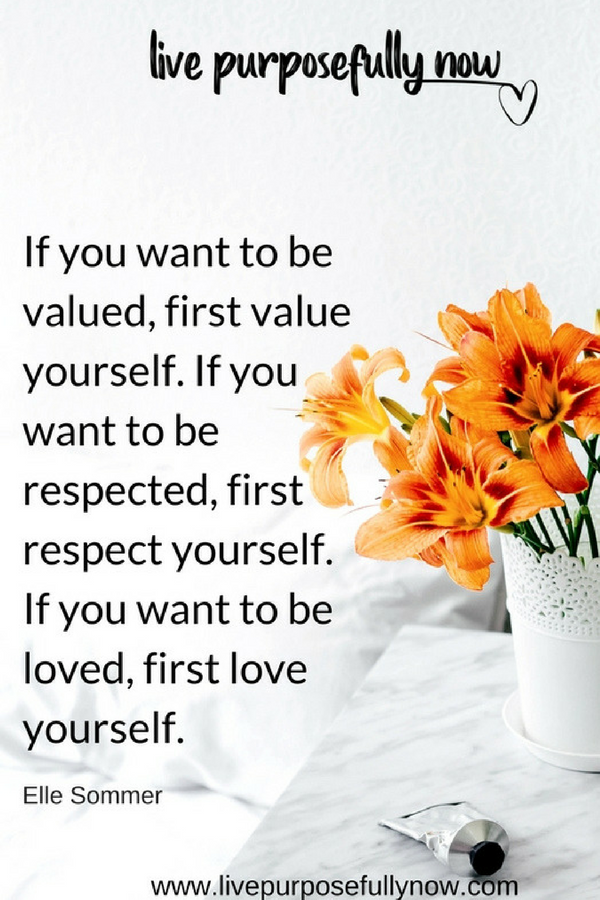
A radical approach to self-value makes these and other maladaptive ego defenses unnecessary. Here's how to get there:
1. Physical Well-Being. Commit to making your physical health important and worthy of appreciation, time, energy, and sacrifice. Begin by reading widely available information about wellness, diet, and exercise, and decide which are optimal for you. Pursue your regimen of health vigorously—not only for yourself, but to make the world a better place.
2. Emotional Well-Being. Make your emotional well-being worthy of appreciation, time, energy, and sacrifice. Emotional well-being has many dimensions:
- Honor your deepest values. The most potent contributor to consistent emotional well-being is fidelity to your deepest values. When we are true to our deepest values—whatever they are—we feel more genuine. When we violate those values, we experience guilt, shame, and anxiety—not as punishments, but as reminders to be authentic.
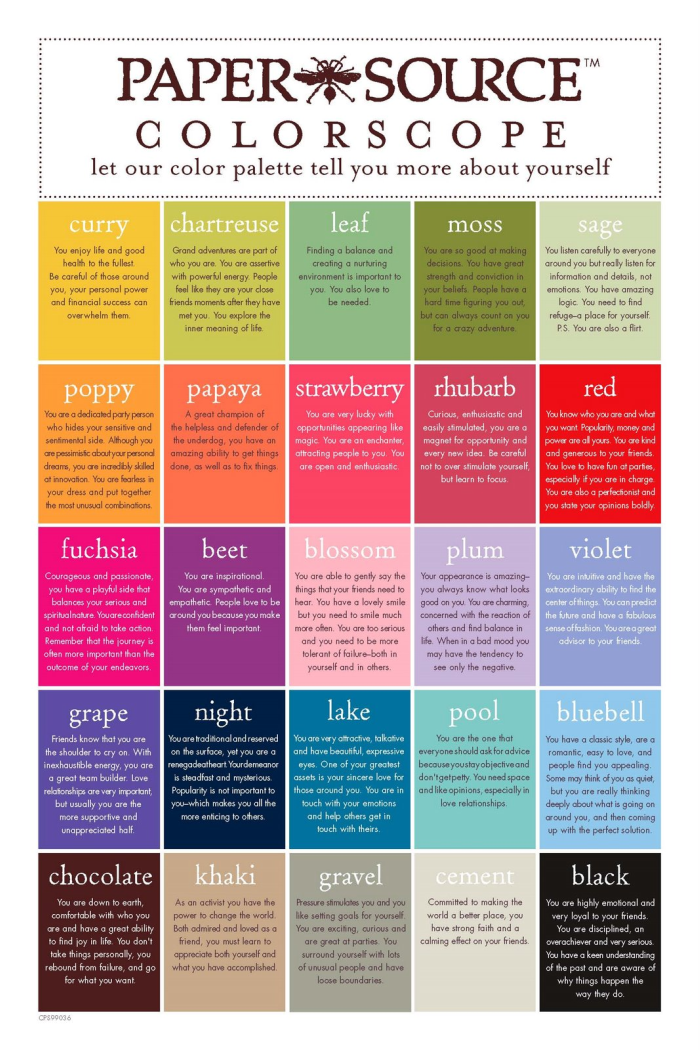 If your life feels genuine, with sustained interest, purpose, conviction, and compassion, you have created a set of values and more or less kept true to them.
If your life feels genuine, with sustained interest, purpose, conviction, and compassion, you have created a set of values and more or less kept true to them. - Survey your environment. We continually survey our environment for objects of attraction and threat—as one evolutionary anthropologist put it, food, affiliation, sex, saber-tooth tigers, and snakes in the grass. Many people, as researcher John Gottman has said, continually survey their environment for anything that might possibly be negative. They have trained their brains, quite inadvertently, to look for things that will make them feel down, resentful, anxious, or angry, which they inevitably find and almost always blame on the people around them. Fortunately, our brains can do the opposite—look for something to appreciate, enjoy, or be interested in—although it takes practice, as well as commitment to emotional well-being. We have very little control over the environment we live in, but we have considerable control over where in the environment to aim our focus.
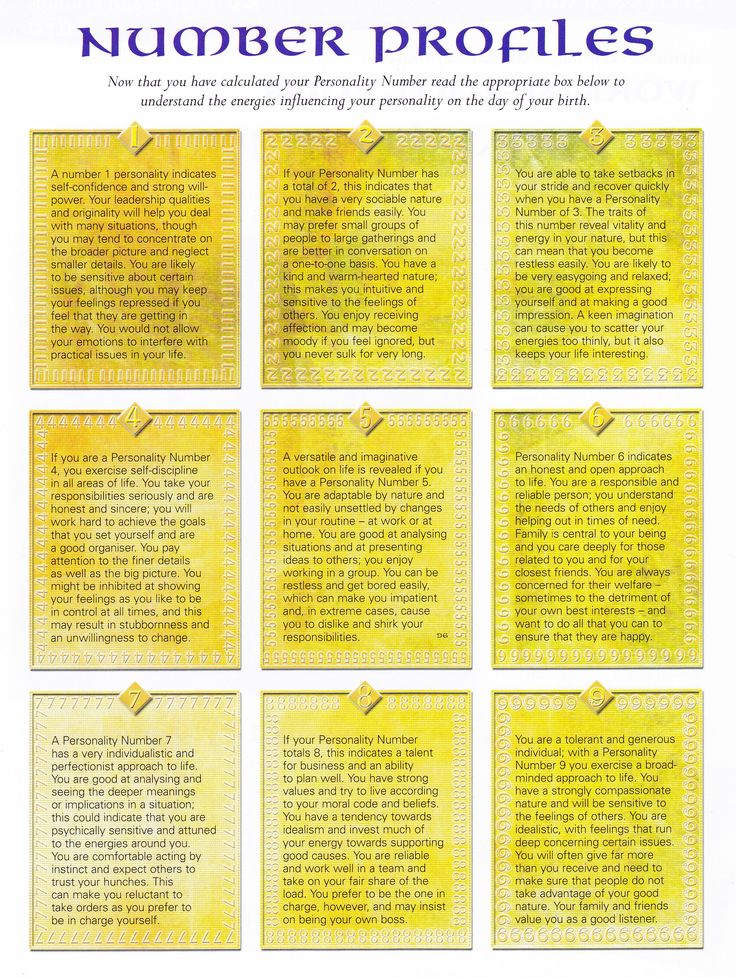 There are innumerable things around us that can stimulate interest, curiosity, enjoyment, courage, compassion, and kindness. Seek them out.
There are innumerable things around us that can stimulate interest, curiosity, enjoyment, courage, compassion, and kindness. Seek them out. - Act on what's most important. Much of the suffering in the world occurs when people violate what is most important to them by acting on what is less important. Think of the big mistakes you’ve made in life: Nearly every one probably involves devaluing someone or something important to you by acting on something that was not as important.
- Value when feeling devalued. When we feel devalued, we feel we must do something that will make us feel more valuable—not more powerful. The easiest way to feel valuable is to be compassionate, kind, or loving. This is a simple but transformative skill, which anyone can acquire with practice. When you feel powerless, do something that will make you feel more valuable (e.g., compassionate, kind, or loving). In 20 minutes—or less, if not a lot of cortisol was secreted with the negative emotion—your self-value will be higher than before the powerless feeling occurred.
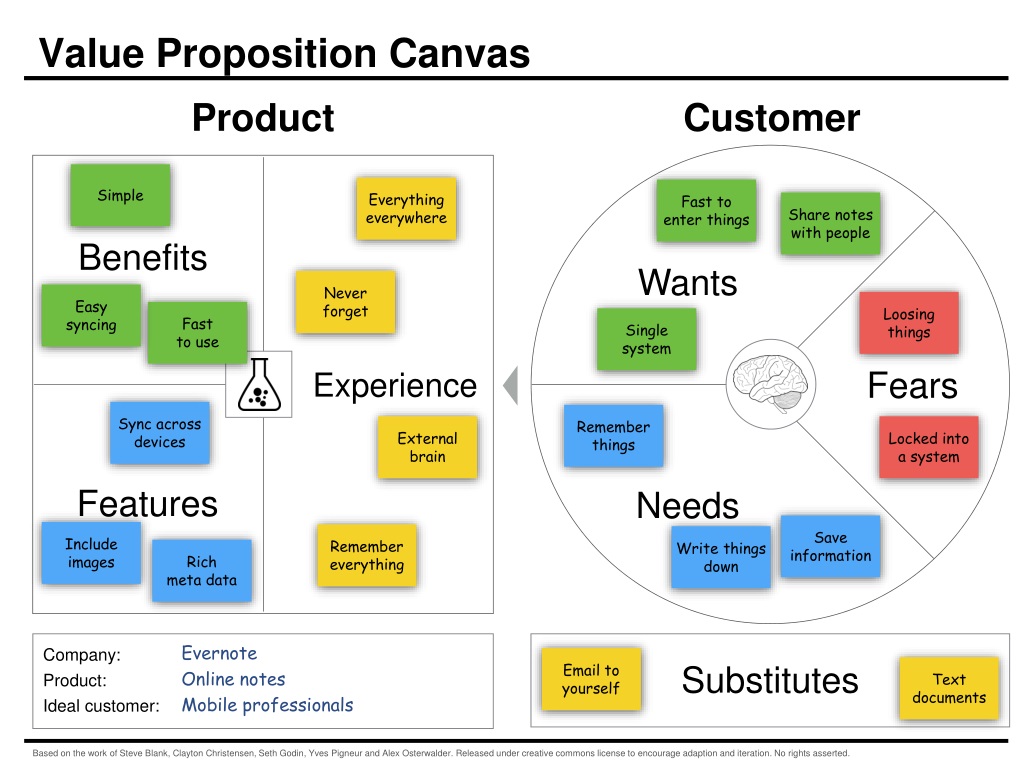
Learn more at CompassionPower.
"Appreciate yourself!" Like this?. Article. Women's practices. Self-knowledge.ru
What does it mean to value yourself?
Over the past 3–4 years, more has been written about the value of oneself than Soviet films about the war and German films about sex… not enough. And to admit this to myself and my best friend - Mom, well, soooo uncomfortable ... "You're a female coach!!! " - I say strictly to myself, "Oh my! What can you teach if you still don't appreciate yourself 100 percent?!"
How do we, Women, understand that the value of ourselves has not yet been "loaded" by 100%? Of course! Thanks to our dear partners, beloved men. We look, so reluctantly, lowering the pink glasses-blinders from the nose, at their real relationship to us and, sighing not at all superficially, we understand everything or almost everything ...
eyes when he looks into yours! Does he have at least a small, animalistic fear of losing you? Does he smell, at least a little, of joyful pride for what kind of Woman she chose him!!! Even if it doesn't smell.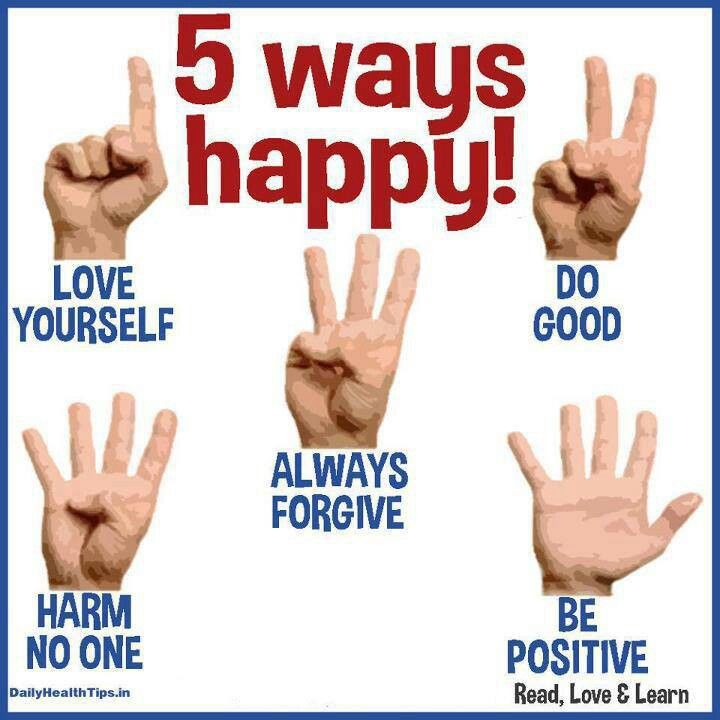 .. Well, bow down to the ground at his feet and thank him - he honestly shows you the degree of your worth of yourself as a Woman.
.. Well, bow down to the ground at his feet and thank him - he honestly shows you the degree of your worth of yourself as a Woman. I used to think that a man should not be afraid of losing a woman. Now I understand - the enlightened one should not. The one who has not yet reached enlightenment, and, for sure, does not walk on water, must. Not in the sense that he owes you or "me" ... but in the sense it should be so if the Woman is dear to him. And a Woman is precious when she is a value of herself and considers herself to be this value. Some trainers say: "A woman is valuable from the very beginning! " This is great news! But this is news. We were not brought up like that, and we still have to re-educate ourselves. Like us, we know. Two extremes, and there is no golden ratio between them. Either "Matryoshechka", for the time being, will not add up the price for itself, or "Dunichka" does not realize its value in any way.
It's interesting, that Baba who stopped her galloping horse and relaxed entered the burning hut - did she appreciate herself? Who was her chosen one? The rider of the same horse or "Vasya" that set fire to it and fell asleep in the hut?.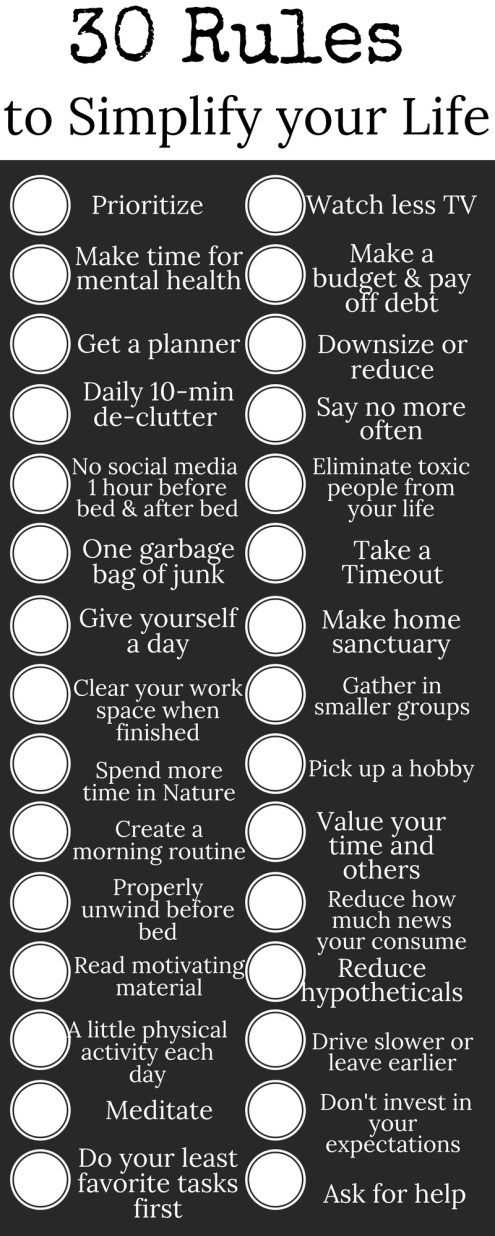 . History is silent. But the topic is presented, and it is simple...
. History is silent. But the topic is presented, and it is simple...
What exactly is it, and how is it to value yourself???
This is just my opinion, but I will share it with you with love.
First. Appreciating yourself is knowing yourself . Know your strengths and . Appreciate them. Joyfully and with gratitude to nature, admire your talents and features. With its external and internal virtues. To enjoy the fact that I happened to get into this particular body, with such an incredible heart and brains. Know your middle. Realize that there are qualities that are not brilliant and not shameful. Some habits are strange for some, but normal for you. Know your approximate ceiling, your middle ground and accept your cellars.
Knowing and accepting your weaknesses . Ideally, treat them with humor. To know the qualities of character that you do not control yet, but that control you. To observe them and, slowly, without a haircut into nuns, separate from them, transforming them in oneself and accepting them in others with compassion.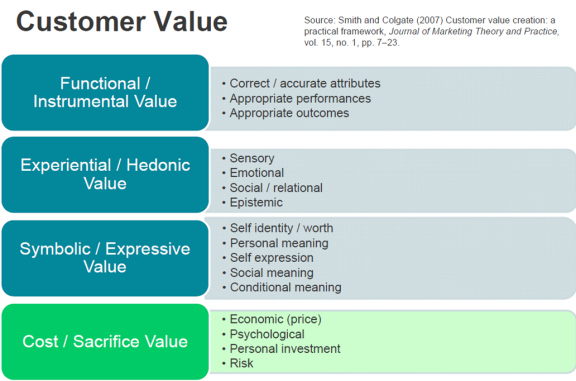
Also know the weaknesses of your ego and deal with them calmly. For many women, the leading ego need is the need to be loved/needed. And when they strive hard for this and suddenly do not get it, they begin to torment themselves. We will talk about this in detail in the next article, only for strong Women, which will be called: "Hypodermic Snakes". I know the name is not the most appetizing, but the article is not for tender "Matryoshkas". Although we, advanced readers of modern posts, know that there is an ego and a female, uncontrollable ego, I can’t name anything other than a hypodermic-ego-snake. I'm sorry. A woman who values herself must be aware of her ego and not let it control her actions.
The need to be loved is a normal topic, but it should not be satisfied by a man who does not appreciate a woman.
Hence the next necessary factor in the value of oneself — — is sincerity with oneself. If you think that you are completely sincere with yourself, and at least once a month you don’t feel sick from some of your thoughts / actions / manifestations, then you are not sincere with yourself. If you feel sick of yourself every day, then no. Only sincerity with ourselves and awareness of the "sweet" truth about ourselves makes us change for the better and turn into a person. Sometimes even a lonely person.
If you feel sick of yourself every day, then no. Only sincerity with ourselves and awareness of the "sweet" truth about ourselves makes us change for the better and turn into a person. Sometimes even a lonely person.
From this comes the next factor of self-value — — courage. The courage to be sincere with oneself, the courage to learn and still be oneself, the courage to be alone, the courage to go against the current, against outside opinion, the courage to admit one's fears and courage, sometimes to send everyone into the garden. Not in order to punish or offend everyone, but in order to improve relations with oneself.
And from here gracefully emerges confidence. Not even fidelity, but downright faith! Faith in yourself. Belief in oneself, as in a part of the almighty Forces. A part, but almighty ones! Faith in yourself as in the Spirit! As a person! Faith in yourself as in a unique Woman! Faith, as inner Knowledge, in the fact that You are, and this is already the cause of inner gratitude, peace and bliss.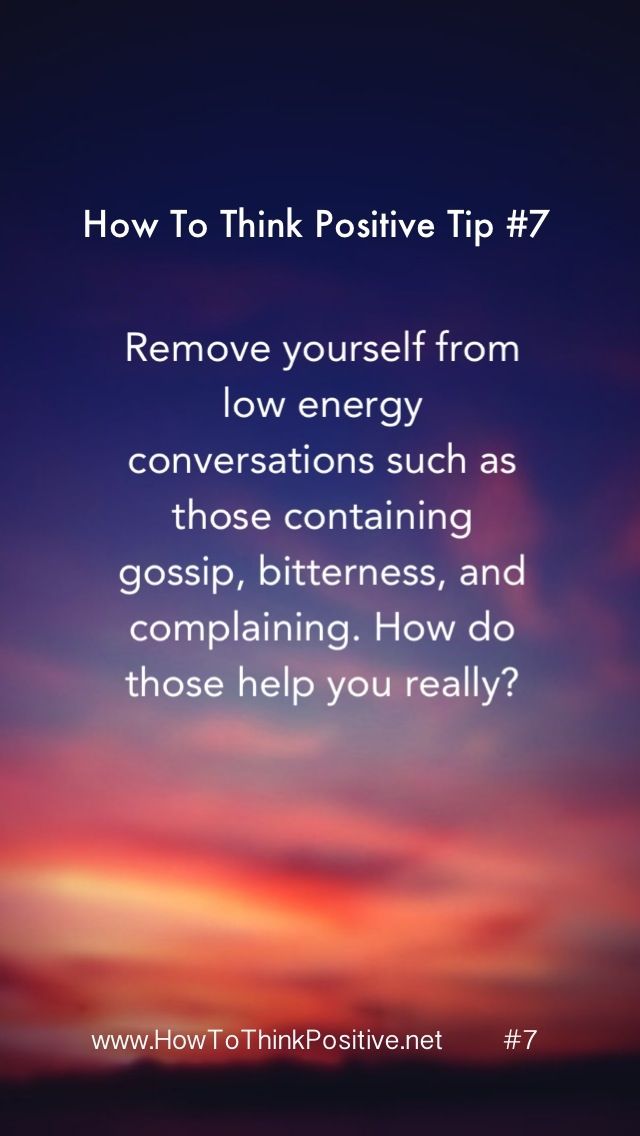 Belief that you are protected by the Higher Forces, and It is better for them to "know" what is best for you. Belief in what makes you stronger and closer to yourself, and therefore to the Highest.
Belief that you are protected by the Higher Forces, and It is better for them to "know" what is best for you. Belief in what makes you stronger and closer to yourself, and therefore to the Highest.
And after all these spiritualized lines, the factor of having a Goal shoots out! Yes, appreciating yourself is a have your own life Purpose . " The one who looks at the Star does not turn off" , said the brilliant Leonardo da Vinci. And such a star should be in the life of every person. And the Woman here is no exception. This is the highest Goal, which goes beyond our diverse, dissimilar goals, such as: to have our own home, a comfortable, good car, a happy family and healthy, joyful children. A very rare target, you say? The most extraordinary, one might say...
No, the highest Goal is the one that nourishes your Soul, not your ego and body.
A woman can have her own goals , both internal and external.
But the main goal of a woman should be: happiness! More precisely - a state of happiness.
"The goal-mission-task of a woman is to be constantly in a state of happiness and share happiness with those who are nearby."
The state of Happiness is different from the happiness that lives in our imagination (it can live for years) - that house on the seashore and a cabriolet ...
We are talking about an internal state. I will clarify for the third time - there is happiness - external, and there is happiness - internal.
Just like external happiness, everyone has their own inner happiness. But if external happiness most often depends on circumstances, other people, resources and time, then inner happiness should not depend on anything or anyone!!! The most common mistake: I will be happy when he comes... I will be happy when I have a house, a swimming pool, a scooter, an airplane...
There is a Man, he is not - A woman must be in a state of happiness. The state of suffering and expectation is a pure lie of the Ego! This is the last century! The fashion for suffering young ladies with round eyebrows has passed since the advent of color cinema! And we are all suffering.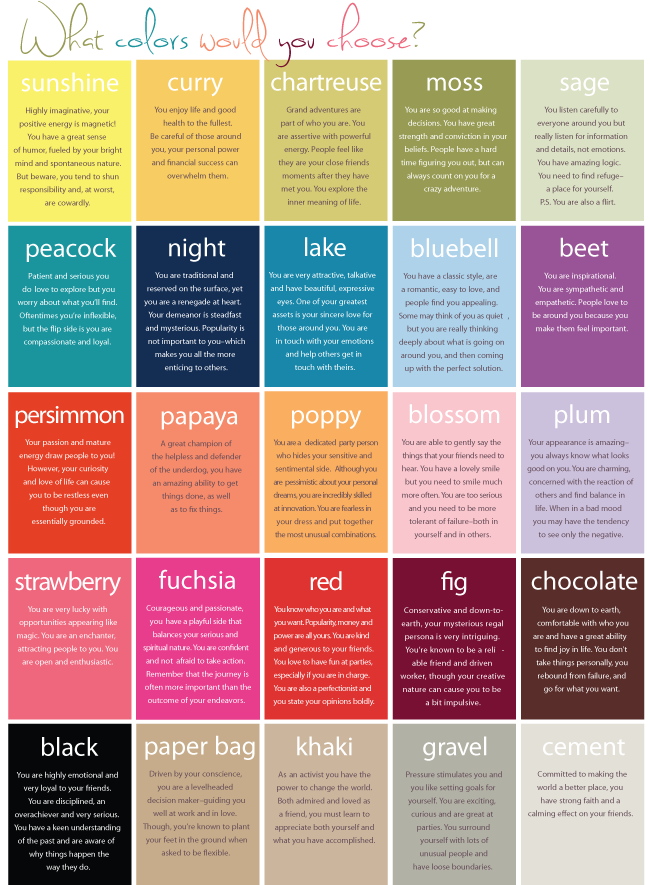 .. or just waiting. Or we sleep on the go, pretending to live an active life!
.. or just waiting. Or we sleep on the go, pretending to live an active life!
Our task and goal is to create our own inner happiness, maintain it and, if necessary, share it with others.
Find your own ways to be in a state of happiness. Yes, it's not that easy. I have been teaching myself to enjoy my body for years! Sometimes I just force myself to do yoga. Sometimes you can't force it. But I try to love myself even in moments of a lost battle with laziness. But just a couple of years, and you can’t help but do meditation, dancing, music therapy, aromatherapy. I admire myself in the mirror, even when a skeptical mind ridicules this procedure in the background! But it is more than normal to thank nature every day for its beauty and uniqueness! Um laughs. But, if you think about it, confessing your love to your reflection is more normal than criticizing yourself and considering flaws.
When there is no energy, I start pampering myself. I take myself to massages and spas.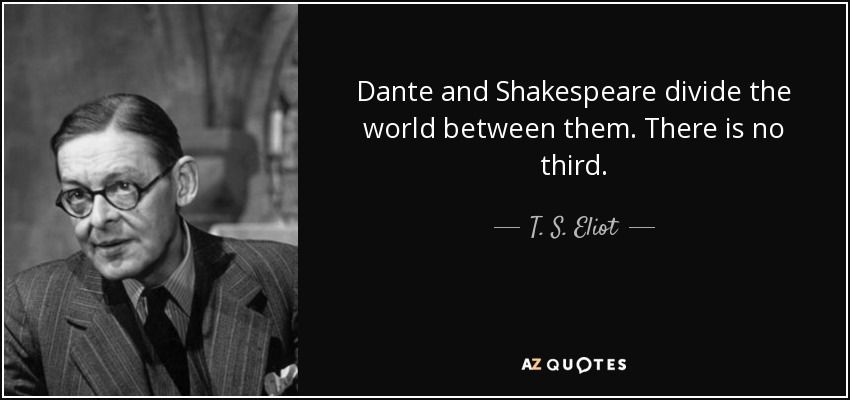 I constantly think positively and, like a pioneer for a red tie, I hold on to a smile on my face. I have gratitude in my heart.
I constantly think positively and, like a pioneer for a red tie, I hold on to a smile on my face. I have gratitude in my heart.
And! When you have enough energy, try to remember yourself . For example, you look at roses and at the same time become aware of yourself. You sit at the computer and become aware of the sensations in your body. Most of your attention should be in you - in your Center. In your inner silence. It exists, it will come with time.
For me personally, self-remembering is the first necessary condition for a state of happiness. Everything else is secondary. There is no you if you don't have this...
Therefore, constantly remember yourself - this is what it is - to appreciate yourself and appreciate the time of your Life.
Oh, yes... The last thing I can't help but clarify. "Share happiness with those around you" . "Bring to the highest happiness the one who is given to you by fate! "This is also our task.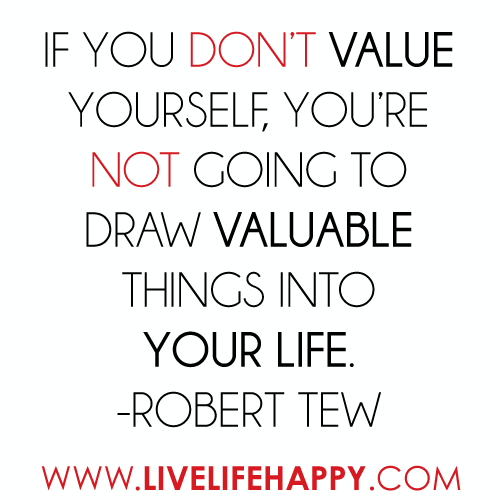 Yes, but - given, not selected, begged for, deserved, led away, achieved ... We must actively deal only with ourselves. Grab yourself by the hair and make yourself happy. As for men, in no case do not try to forcefully make him happy! No need!! I often give this image and boldly repeat: the rose blooms and gives aesthetic beauty and aroma. But imagine a rose chasing a man through the garden and crying: "Admire me, smell how wonderfully fragrant I am "…
Yes, but - given, not selected, begged for, deserved, led away, achieved ... We must actively deal only with ourselves. Grab yourself by the hair and make yourself happy. As for men, in no case do not try to forcefully make him happy! No need!! I often give this image and boldly repeat: the rose blooms and gives aesthetic beauty and aroma. But imagine a rose chasing a man through the garden and crying: "Admire me, smell how wonderfully fragrant I am "…
Let's be "roses". Appreciate yourself, not in the sense of setting a price for yourself, but on lonely evenings to arrange a sale, but simply to be. Enjoy the Life that flows in us, the Life that we supplement with our individuality and each of our unique cells. You have You. Be present, enjoy, give thanks, give...
With love and faith in Your happiness, author
Quotes about myself with meaning
Quotes about myself with meaning - I withdraw into myself and open the whole world.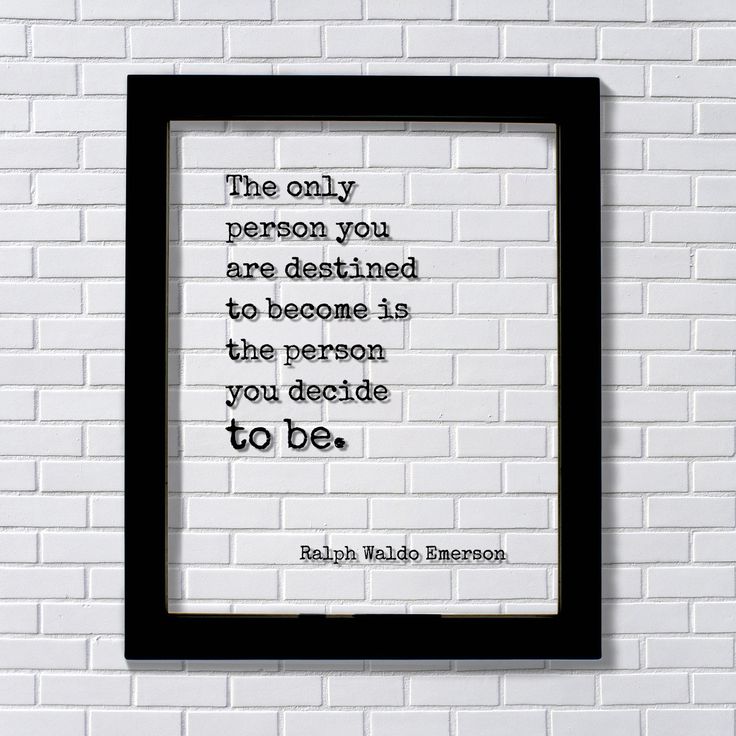 Goethe
Goethe
I am not an artist, but I paint my dreams. I am not a writer, but I am writing my book of life.
I'm smart, although I don't look like me.
I can't stand it when people expect something from me. I immediately want to do the opposite.
Dimly, deep down, we know who we really are. This is the sorrow of our soul: we are not who we would like to be. Aldous Huxley
Call me whatever instrument you like, you can upset me, but you can't play me. W. Shakespeare. Hamlet
I roll where the puck will be, not where it was. Wayne Gretzky
One of my downsides is that I forgive people for the unforgivable and get offended at the most ordinary little things.
Life is like riding a bicycle. To keep your balance, you must move. Albert Einstein
So many stones have been thrown at me that not one of them is scary anymore. Anna Akhmatova
"Growing old is boring, but it is the only way to live long" Sainte-Beuve
Know yourself? If I knew myself, I would run away in fear.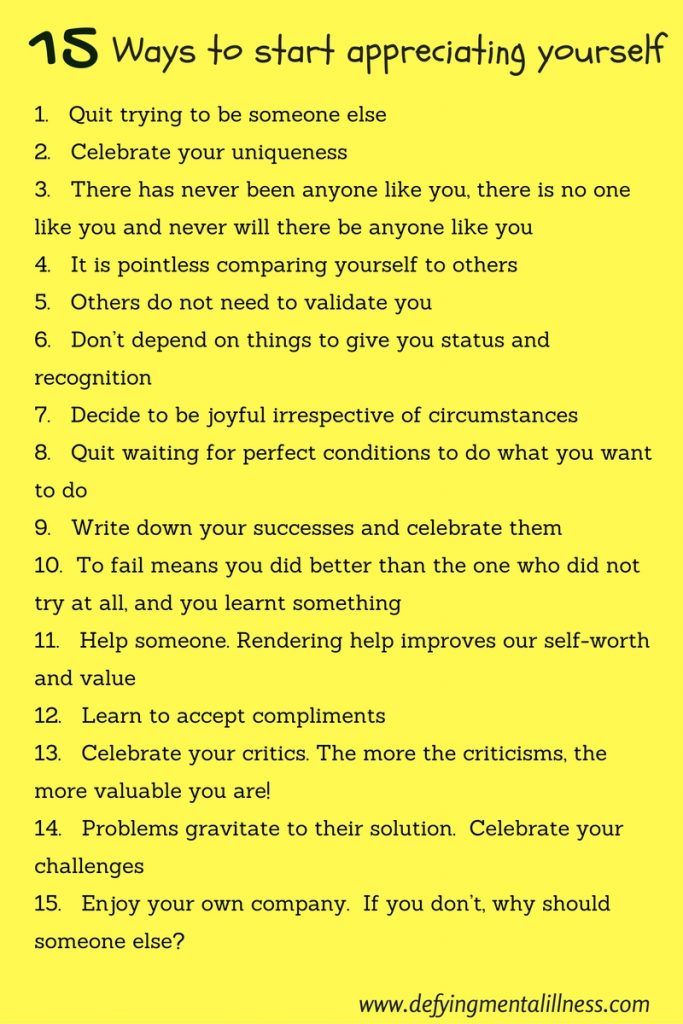 Goethe
Goethe
At 18 you care what people think of you; at 40 you don't give a damn about what people think of you; at 60 you already know that no one has thought of you at all... John Fowles
Never give up on something that makes you smile. Heath Ledger
The weather is so wonderful outside, there's nothing to whine about. And I love to whine! This fucking good weather ruined everything...
I want love and affection, but there are noodles and fairy tales around!
Do not rush to talk about yourself. The conversation about you will start as soon as you leave. Al Pacino.
… respect yourself enough not to give all the strength of your soul and heart to someone who does not need it… Charlotte Brontë. Jane Eyre
If God wants to make you happy, then he leads you on the most difficult path, because there are no easy paths to happiness. Dalai Lama
I have many friends, but few friends, real, for life, those who are ready to lend a shoulder to you in difficult times, who rejoice at your luck, maybe more than you yourself.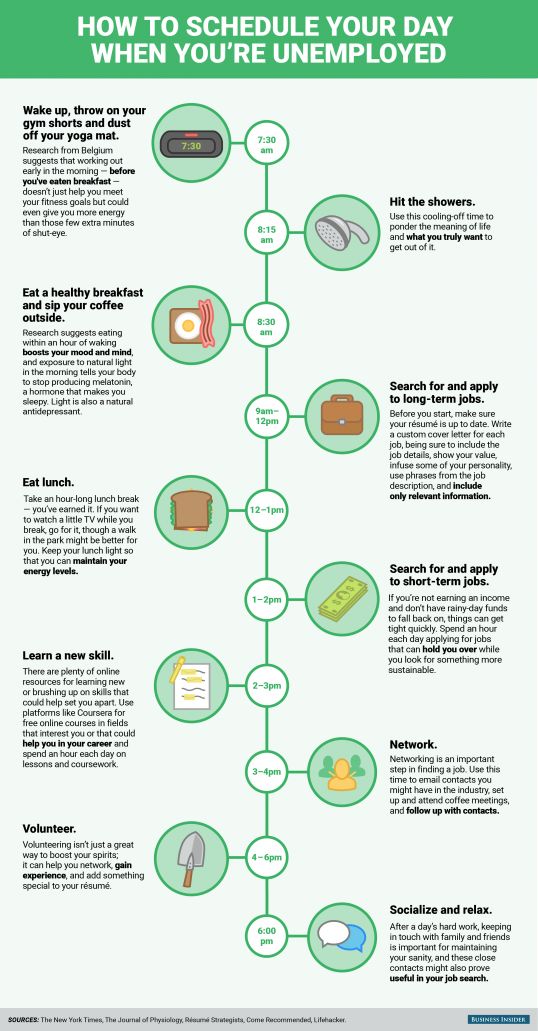
My biggest regret in my life is that I never learned to speak frankly with my parents, especially with my father. David Bowie
If you think you can do it, and if you think you can't, you'll be right anyway. Henry Ford
I'm not leaving. Sometimes I just don't. E. M. Remarque
Everything that we lose will definitely return to us, but not always in the way we expect. Harry Potter and the Order of the Phoenix
I try to live like ordinary people live. As soon as a fighter considers himself great, he will lose. Fedor Emelianenko
Being unhappy is a habit. Being happy is also a habit. The choice is yours. Tom Hopkins
"If you can dream, you can make your dreams come true" Disney Walt
Growing up, I read so many role models in books. For the most part, they taught me what to do and when, how to behave. Neil Gaiman
I live in the moment. And he's wonderful. Jean Paul Belmondo
I will not waste the days of my life in pursuit of prolonging them.




